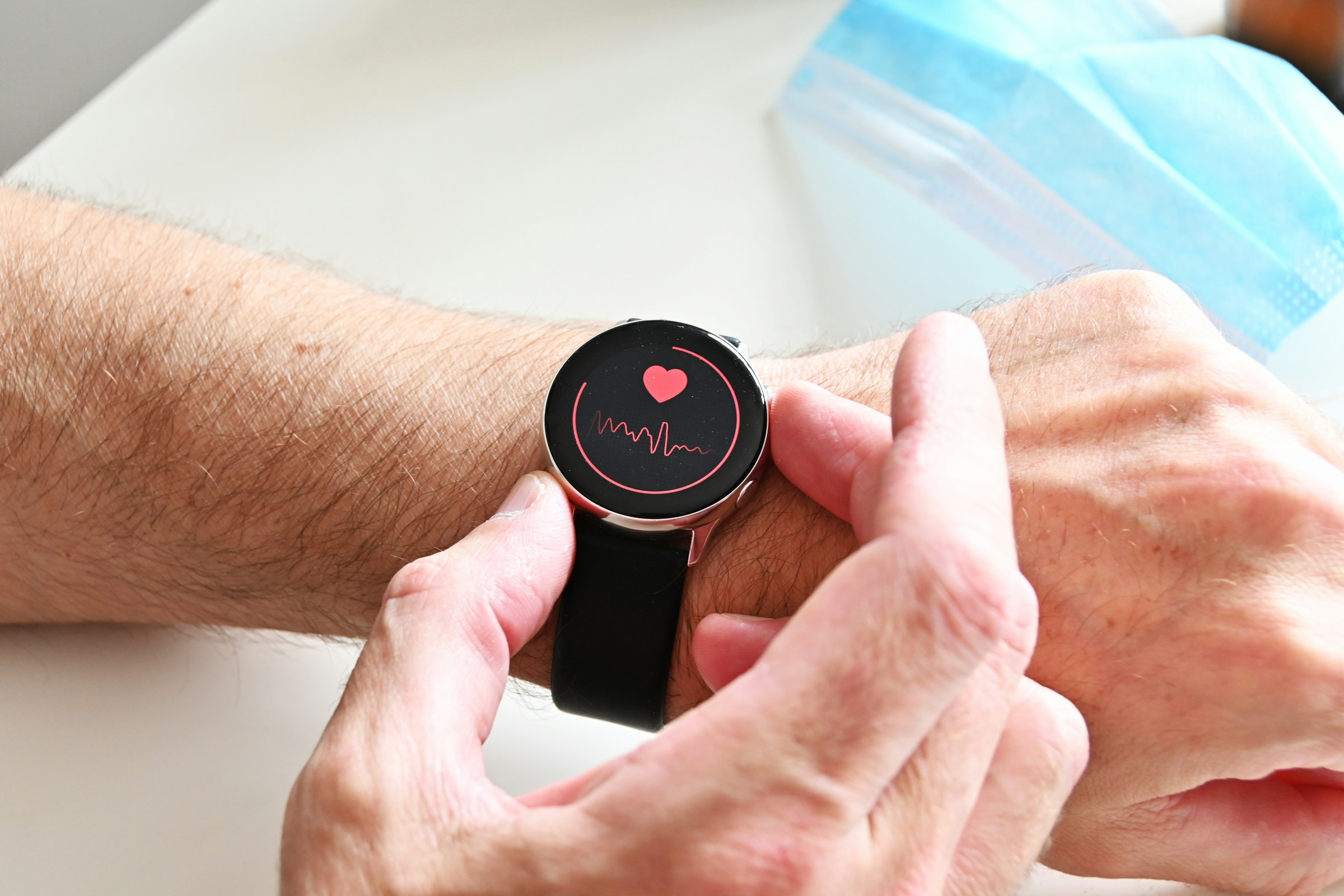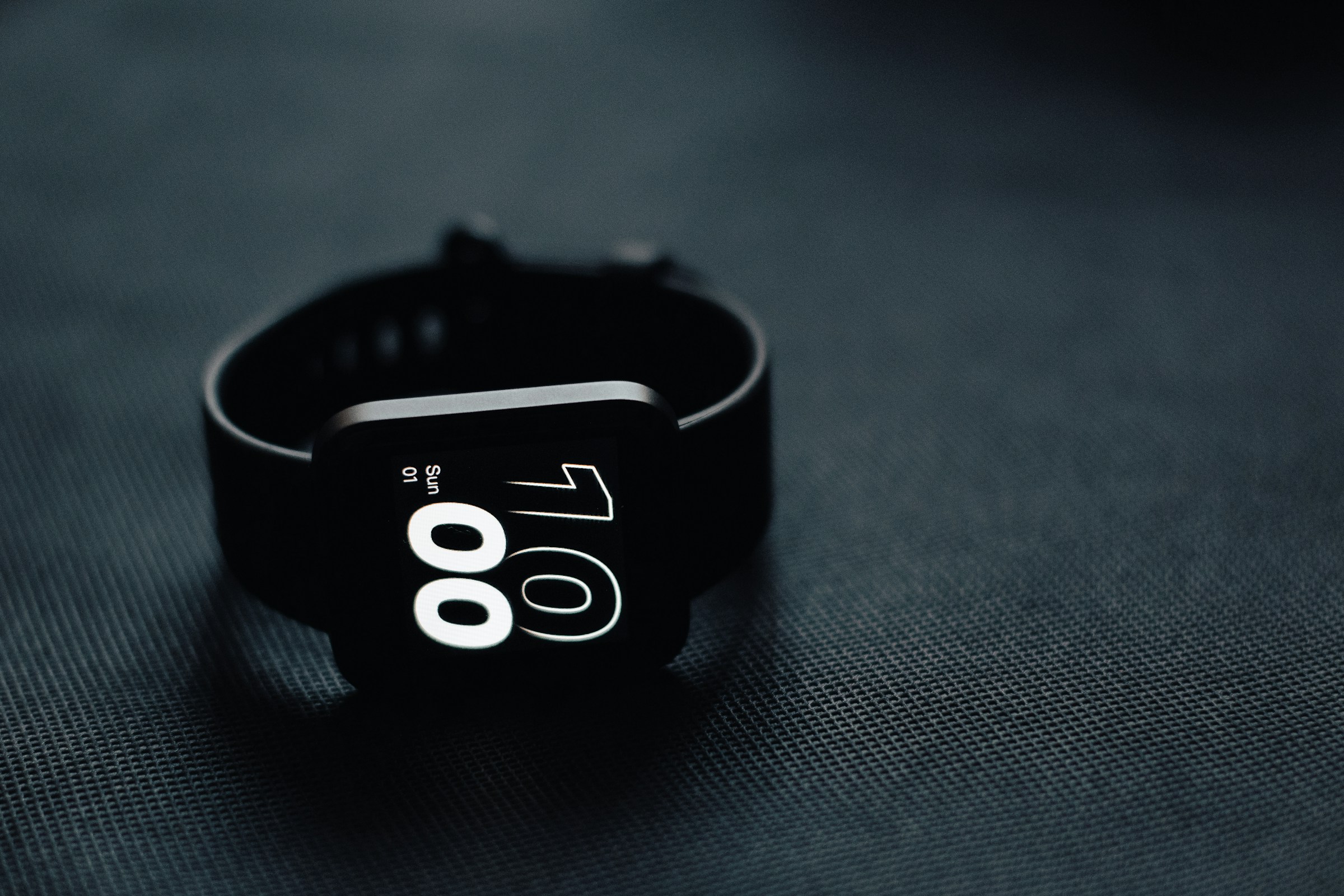Around one in five adults in the United States regularly wears a smartwatch or fitness tracker according to the Pew Research Center. We’re always hearing about the benefits of wearable health and fitness trackers, from tracking your steps and monitoring your sleep quality to helping you stay accountable and encouraging you to increase your physical activity. Wearable devices are the modern way that many people believe have digitally revolutionized the health and fitness world. Is it all as rosy as it seems or are there possible drawbacks to consider? A recent study dives in.
The study

A study published in the Journal of the American Heart Association revealed that wearing fitness trackers to monitor heart conditions, such as an irregular heartbeat or atrial fibrillation, can induce anxiety. The researchers merged survey and electronic health record data of over 172 patients over a 9-month period to compare wearable users and non-users.
The study results

The researchers concluded that wearable users reported more atrial fibrillation treatment concerns and higher rates of symptom monitoring and preoccupation compared to non-users. 20% of wearable users experienced anxiety and always contacted their doctors when they received irregular rhythm notifications.
Too much of a good thing

Many anxiety and OCD specialists believe that the more you attend to something, the more you train your brain to worry about it. Checking your fitness tracker on your phone can become compulsive behavior and lead to data overload, particularly if you’re not exactly sure how to interpret or manage the information. Another interesting study from the University of Copenhagen also showed that people who use
Concluding thoughts and solutions

The consistent stream of numbers and data can feel overwhelming. Take notice if you start compulsively checking your smartwatch or device. Being aware of how you’re using your fitness tracker is the first step. The next step is taking regular tech-free breaks to separate yourself from the technology. It’s always best to talk to your doctor or healthcare provider if you have any concerns or questions about your health.
From health-tracking rings to smartwatches, tracking specific data can help you achieve your goals. Still, on the other hand, these studies highlight how it can also lead to an unhealthy fixation that heightens anxiety. Perhaps what we can take from this study is that in moderation, fitness trackers can provide benefits, but if you use them too much to monitor a specific health condition like an irregular heartbeat, there are possible detrimental effects to be aware of. Digital detox, anyone?




